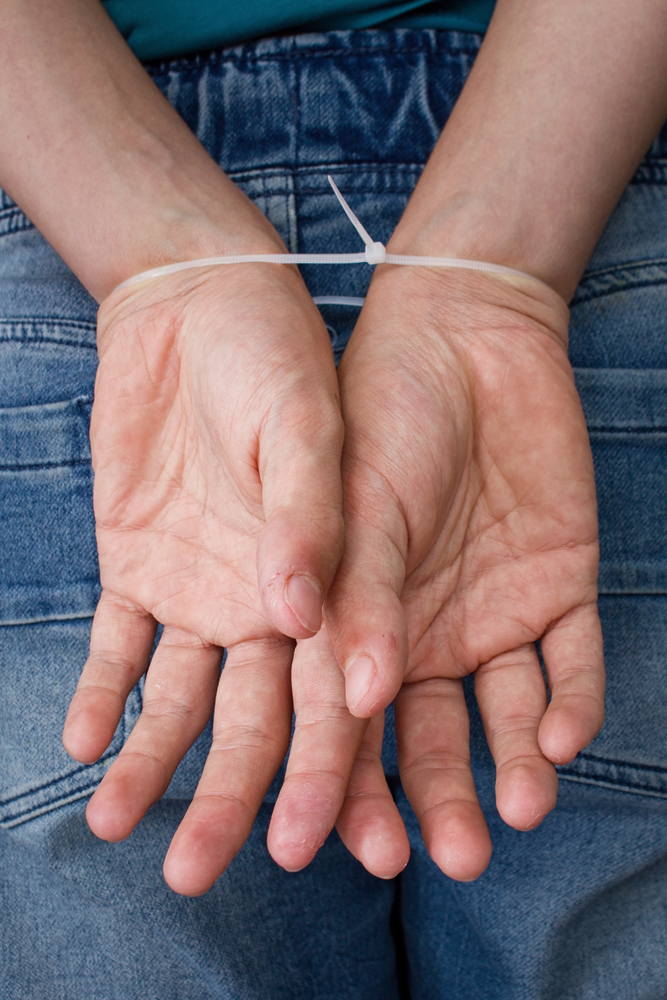While listening to Vivaldi’s 4 Seasons Symphony, paint the landscape in large strokes. Exercise helps relieve emotional stress. Finger drawing art therapy ideas. art therapy ideas for adults in recovery Draw a plot in the air with your fingers. Your opponent must guess the drawing. The exercise develops imagination, communication skills.

Provides a Healthy Outlet for Self-Expression
A professional art therapist uses art therapy activities to help treat personal and relational issues with individuals or a therapy group. He or she uses art projects to help improve a patient’s cognitive and sensorimotor functions. ECHO Recovery is a nonprofit foundation and education organization intended to provide tools and resources to those struggling with SUD. We are proud to offer a housing program for those who wish to seek recovery and continue our efforts to help people find healing through the power of art.
When And How To Use Creative Outlets To Boost Your Confidence
Art therapy, music therapy, animal therapy, holistic treatments, and adventure therapy can all impact someone’s motivation and feelings of safety while healing core wounds. To start your search, contact a treatment provider. Discover what creative but powerfully transforming practices are available to you. Have you ever felt that words just aren’t enough to express what you’re going through? At Woodland Recovery Center, we understand that sometimes, traditional therapy doesn’t capture everything.
HALT Method for Addiction Recovery: A Comprehensive Approach to Relapse…
The act of painting can be a meditative experience, providing focus and quieting the noise of cravings or anxiety. As you pick up the brush, you begin to communicate without the need for words, often expressing emotions that might be too difficult to articulate verbally. Imagine Sarah, a woman who struggled with alcohol dependence for years, finding a safe outlet to express her pain and confusion through vibrant collages.
Journal Prompts for Addiction Recovery: Empowering Self-Reflection and Healing

Art therapy is a powerful tool in the field of addiction recovery, offering individuals a creative and non-verbal means of expressing their thoughts, feelings, and experiences. By engaging in various art-making activities, those in recovery can explore their emotions, develop coping skills, and find new ways to communicate their struggles and successes. Art therapy has been shown to be an effective complement to traditional addiction treatment methods, providing a holistic approach to healing and personal growth. Art therapy operates on the principle that creative expression fosters healing and mental well-being.
- Photography offers a compelling avenue for you in recovery to communicate your experiences, document your journey, and reflect on the positive changes in your life.
- If you or a loved one are suffering with substance abuse or addiction and want further help, Contact Steps Recovery Centers.
- By creating visually appealing pages that highlight the things they are thankful for, participants can cultivate a more optimistic mindset and build resilience.
- Art therapy operates on the principle that creative expression fosters healing and mental well-being.
Draw an illustration for your favorite fairy tale. The exercise provides an opportunity to become aware of your real experiences. Art therapy, often misunderstood as just an arts and crafts session, is a profound therapeutic approach that combines the creative process with psychological treatment. It facilitates self-expression, emotional reparation, and mental healing through artistic mediums. For people grappling with addiction, art therapy offers a unique pathway to explore feelings, reconcile emotional conflicts, and foster self-awareness—all without the need for words.
Through photography, you’re invited to see the world through a different lens—literally and metaphorically. It’s about finding beauty in the every day, noticing details you might overlook, and capturing the moments that resonate with your healing journey. This activity involves creating a collage of positive words and phrases that reflect core values and aspirations, helping individuals focus on positive self-identity and goals. Get the compassionate mental health support you deserve. We’re here to help you reclaim joy, wellness, and a brighter future.
- The art therapy ideas of such activities are to relieve emotional stress by immersion in oneself.
- Participants then imagine being on a boat on a beautiful day, but the weather worsens, and the sea becomes cold and choppy.
- Combining the written word with drawings or doodles in a journal can provide a dual channel of expression, making it easier to articulate thoughts and emotions.
- Creating art allows them to express feelings that might be too painful or complex to discuss verbally.
It offers hope, healing, and a palette of possibilities for those brave enough to pick up the brush and paint their way to recovery, one stroke at a time. It’s a reminder that even in our darkest moments, we have the capacity to create something beautiful – not just on canvas, but in drug addiction treatment our lives. Sometimes, emotions like grief, anger, guilt, shame, and hopelessness are too complex to put into words.
Contact us today to schedule an initial assessment or to learn more about our services. Whether you are seeking intensive outpatient care or simply need guidance on your mental health journey, we are here to help. It was a picture of what he felt like the day before he entered rehab. His art therapist encouraged him to draw a second picture of what he hopes to feel like a year from now. Similar to a memory jar, a self-care box holds small trinkets or scraps of paper.
The goal of such art therapy activities is to reflect and analyze your behavior. The letter from the future art therapy ideas. Come up with a fictional written message to yourself from yourself from the future detailing the https://xaynhathanhnam.com/alcohol-withdrawal-symptoms-treatment-timeline-3/ life you want. The drawing will complement the effect perfectly. You don’t need to be an artist to benefit from art therapy. In fact, most of the exercises do not rely on the end result that you create, but on the therapeutic effect of the ritual of the creative process itself.
